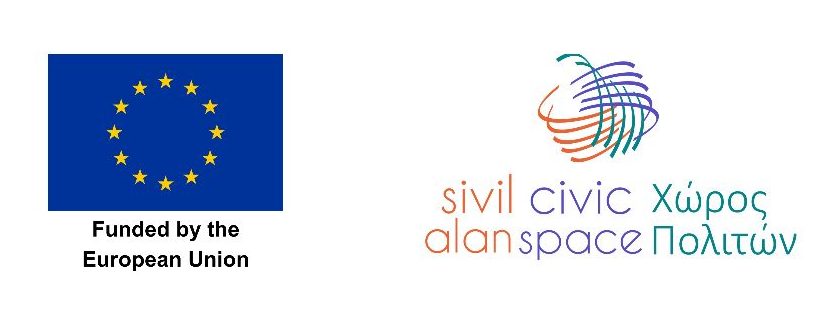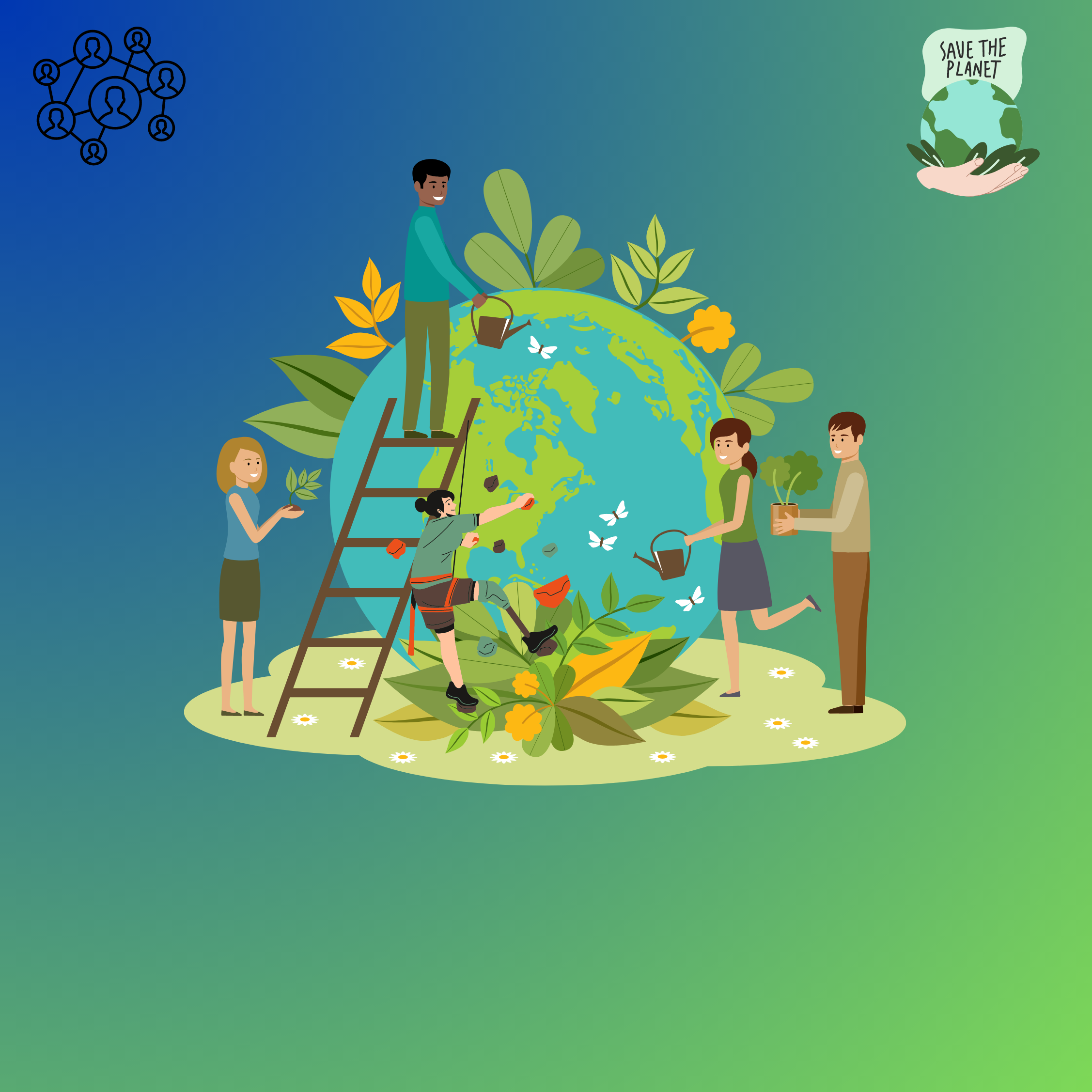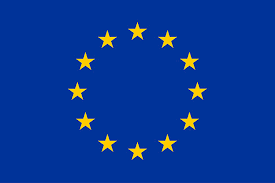On July 19, 2023, Civic Space organized an environment network meeting with various (10) Civil Society Organizations (CSOs) and (4) activists/researchers in attendance. The aim of the meeting was to foster potential collaborations and address capacity building needs within the realm of environmental issues. The meeting highlighted challenges in collaborating with local bodies, the need for broader EU support, and the importance of data sharing and knowledge exchange. Furthermore, opportunities and recommendations emerged to enhance cooperation and tackle environmental challenges effectively.
Challenges in Collaborating with Local Bodies
One of the key issues discussed during the meeting was the reluctance of some local bodies to engage with CSOs. This reluctance resulted in unaddressed needs and exclusion from decision-making processes, hindering progress in environmental initiatives. Participants expressed concerns about the lack of response from local bodies to meet with CSOs and involve them in consultations before making crucial decisions.
Broadening EU Support for Environmental Issues
The EU has primarily focused on technical support for waste management, but there are other critical areas in nature protection that require attention. Participants emphasized the need for the EU to play a more significant role in pressuring local bodies and allocating resources to address concerns such as stone quarries, air and marine pollution, and the risks of fires that threaten Cyprus and its citizens. Additionally, collecting data remains a challenge, as local bodies often do not provide and share data with stakeholders, hindering effective monitoring and advocacy efforts by researchers, CSOs, and citizens.
Opportunities and Recommendations
To address the identified challenges and foster greater cooperation, the meeting generated several opportunities and recommendations: Inclusion of more researchers and CSOs in the existing Messenger group. To enhance knowledge sharing, participants were invited to the existing messenger platform, allowing for fruitful exchanges between researchers and CSOs.
Inclusion of more researchers and CSOs in the existing Messenger group. To enhance knowledge sharing, participants were invited to the existing messenger platform, allowing for fruitful exchanges between researchers and CSOs.
The meeting identified four peer-to-peer workshops to facilitate knowledge transfer and capacity building among CSOs.
- Legal Actions and Complaints Workshop: Led by the Green Action Group, this workshop will explore legal actions and complaints against environmental harm, focusing on understanding the Arhus Convention's global agenda and the local legal framework.
- Pollution Monitoring Information Session: Enalia and researcher Ime Akanyeti will organize an information session on pollution monitoring, providing participants with essential data interpretation skills and procedures for filing complaints related to pollution.
- Fire Prevention and Response Workshop: Cyprus Environmental Initiative will conduct an informative session on fire prevention and response during summertime, empowering participants with essential knowledge to disseminate within their communities.
- Sustainable Tourism Workshop: The Cyprus Sustainable Tourism Initiative will share insights on sustainable tourism practices and ongoing advocacy efforts in collaboration with the Minister of Tourism.
Successful Follow-Up Meeting with 'The Environment Protection Department'
Following the initial meeting, a successful follow-up meeting took place on July 26, 2023 convened by EUPSO. Representatives from CSOs working on waste management engaged in dialogue with the 'Environment Protection Department' (EPD) represented by Mr. Burak Celik. During this meeting, the positive potential for a sustainable dialogue between CSOs and the `EPD` was acknowledged.
The 'EPD' sought the support of CSOs in developing plastic ban campaigns to reinforce a crucial political decision. Given the pressure regarding the withdrawal of the plastic ban, CSOs were urged to engage in intensive campaigning to raise public awareness and garner support for the ban process. Civic Space proposed organizing capacity-building events, including workshops, training, or coaching, to strengthen the CSOs' campaign efforts. The CSOs expressed their eagerness to join these events and enhance their communication regarding plastic ban awareness.
The latest environment network meeting served as a platform for CSOs and activists/researchers to discuss environmental challenges and explore opportunities for collaboration. By addressing the challenges in collaborating with local bodies and advocating for broader EU support, participants aimed to strengthen environmental initiatives in Cyprus. The identified opportunities, such as peer-to-peer workshops and knowledge sharing platforms, will contribute to building a more robust environmental advocacy network
Civic Space is a project funded by the European Union with a total budget of 3,499,550 euros. Its objective is to contribute to building a stronger civil society in the Turkish Cypriot community that supports democratic changes and confidence-building measures.





